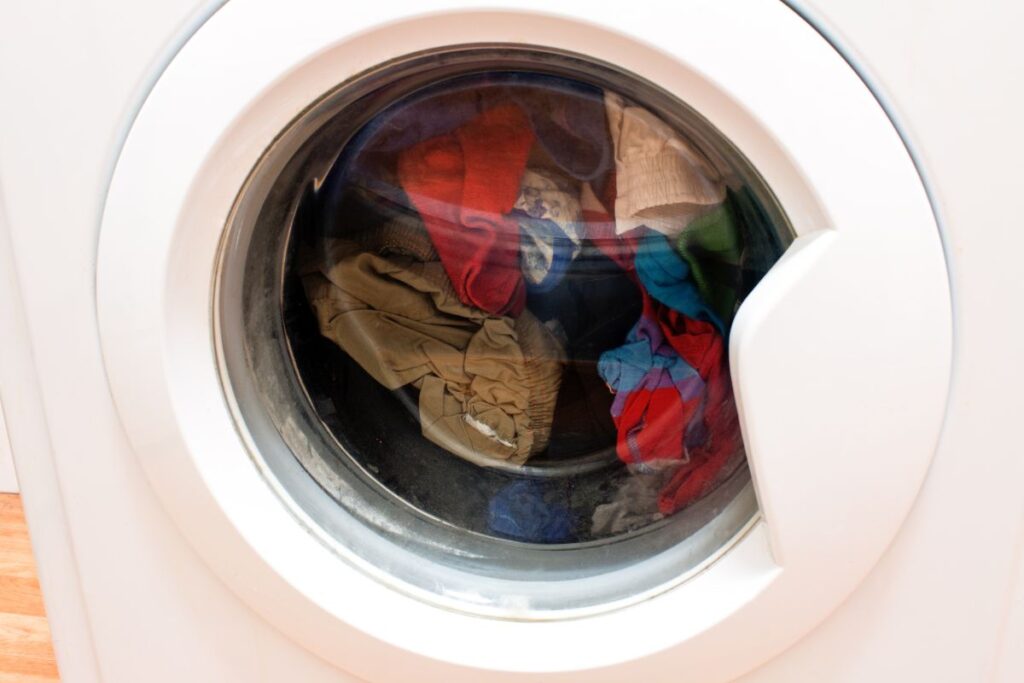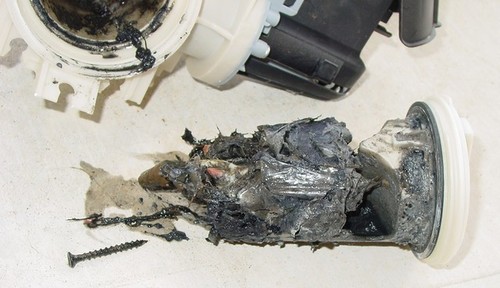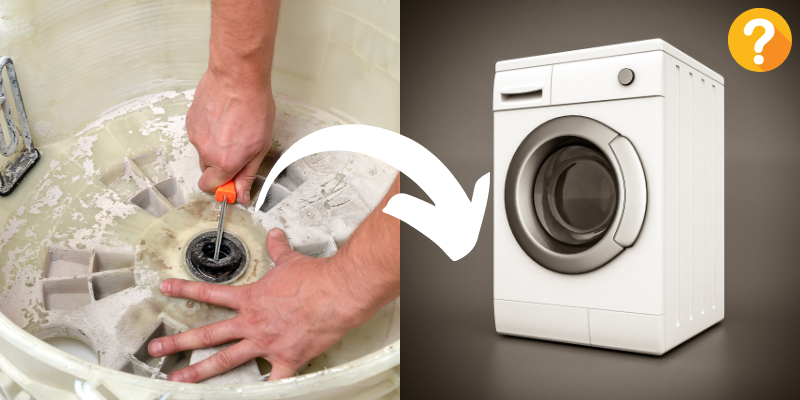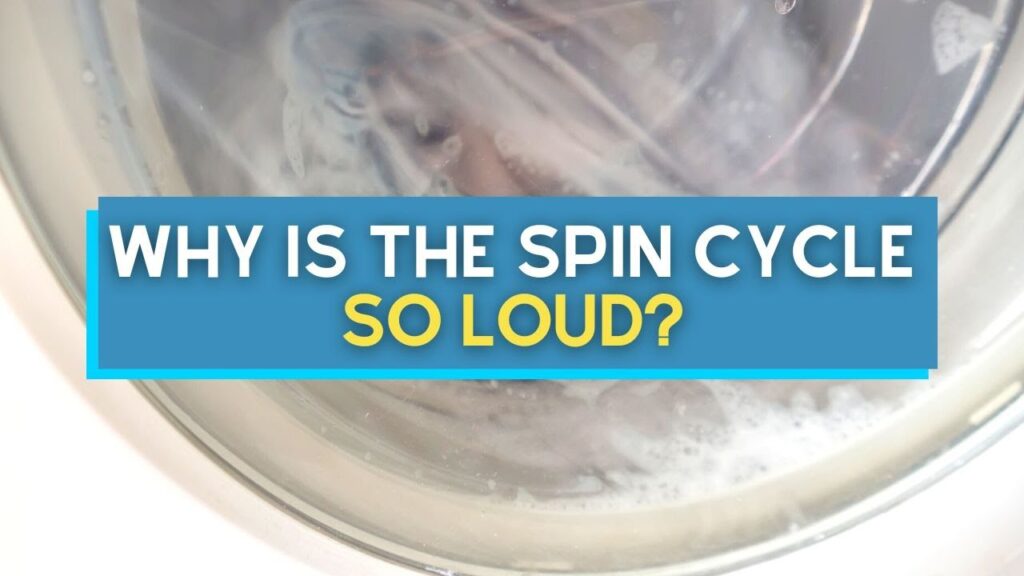Is your washing machine suddenly roaring, banging, or rattling during the spin cycle? If so, you’re not alone. Excessive noise is a common complaint among washing machine owners and can be both annoying and concerning. While it might be tempting to ignore the noise and hope it goes away, a loud spin cycle often signals an underlying issue that shouldn’t be overlooked. In this article, we’ll dive into the most frequent causes of noisy washing machines, explain what you can do to troubleshoot at home, and let you know when it’s time to call a professional.
Understanding How the Spin Cycle Works
Before jumping into possible problems, it helps to understand what happens during the spin cycle. This is the part of the wash where your machine spins the drum rapidly to wring excess water from clothes. The fast speed is necessary, but it also puts significant stress on internal parts. Any imbalance, loose component, or worn-out part is far more noticeable—and audible—at this stage than during the wash or rinse cycles.
Common Reasons for a Loud Spin Cycle
1. Unbalanced Load

One of the most common reasons for washing machine noise is an unbalanced load. When heavy or bulky items gather on one side of the drum, the machine may bang or shake as it spins. Blankets, towels, and small loads of laundry are especially notorious for causing this.
What you can do:
Pause the cycle, open the lid (if possible), and redistribute the laundry evenly. If you’re washing just one or two heavy items, try adding more clothes to balance the drum.
2. Objects Stuck in the Drum or Filter

Small objects—like coins, buttons, or hairpins—can sometimes slip through pockets and get lodged between the drum and the tub. These foreign objects might produce rattling, scraping, or banging sounds.
What you can do:
After unplugging the machine, carefully inspect the drum for trapped items. Check the drain filter as well, since small objects often end up there.
3. Worn-Out Drum Bearings

The drum bearings allow the inner drum to spin smoothly. Over time, these bearings can wear out or become rusty, resulting in a grinding or rumbling noise, especially noticeable during high-speed spins.
What you can do:
Unfortunately, bearing replacement is a complex repair usually best left to professionals. If you hear a deep, growling noise that doesn’t change with the size of the load, bearings might be the culprit.
4. Damaged Drive Belt or Pulley
The drive belt connects the motor to the drum. If the belt is worn, loose, or cracked, it can slap against other parts or slip during operation, causing thumping or squealing noises. Similarly, a faulty pulley can lead to similar issues.
What you can do:
You can visually inspect the belt for obvious signs of wear if you’re comfortable removing the back panel. If you spot damage, replacing the belt may resolve the problem.
5. Shock Absorber or Suspension Spring Issues
Front-loading machines typically use shock absorbers to control movement. Top-loaders often have suspension rods or springs. If these parts become detached, broken, or worn out, the drum can bang forcefully against the washer housing during spinning.
What you can do:
Check for visible signs of loose or broken shocks or springs. Replacing these components often restores quiet operation, but it may require moderate DIY skill or a technician’s help.
6. Leveling Problems
A washing machine that’s not sitting level on the floor will vibrate and make more noise during the spin cycle. Even a slight tilt can amplify vibrations, especially on hard surfaces.
What you can do:
Use a spirit level to check your machine. Adjust the feet underneath until the washer sits evenly. Rubber anti-vibration pads can also help minimize movement.
7. Loose or Worn Internal Parts
Over time, nuts, bolts, or other internal fasteners may loosen due to vibration and normal wear. This can lead to clanging or rattling sounds.
What you can do:
While some people are comfortable tightening accessible parts, many internal repairs are best left to appliance professionals to avoid accidental damage.
When Should You Call a Professional?
While minor issues like unbalanced loads or minor leveling problems can often be handled at home, persistent noise or evidence of damaged internal components calls for expert attention. Attempting complicated repairs without the right experience can make the problem worse—or even lead to injury.
If you’ve checked the basics and your washing machine is still noisy, don’t stress! Contact our team at Manhattan Appliance Repairs, and we’ll diagnose and fix the issue so you can enjoy a peaceful laundry day again.
Preventing Future Noise Problems
- Check and empty pockets before loading clothes to avoid foreign objects.
- Balance your loads—wash large items with other laundry for stability.
- Perform regular maintenance, such as cleaning the drum and filter.
- Monitor your machine’s level every few months, especially after moving it.
Conclusion
A loud washing machine during the spin cycle isn’t just an annoyance—it’s often a warning sign. Whether it’s a simple fix like balancing your load or a more complex issue with bearings or suspension, taking action early can prevent bigger problems down the road. If you can’t get to the bottom of the noise, remember: Manhattan Appliance Repairs is just a click away!

